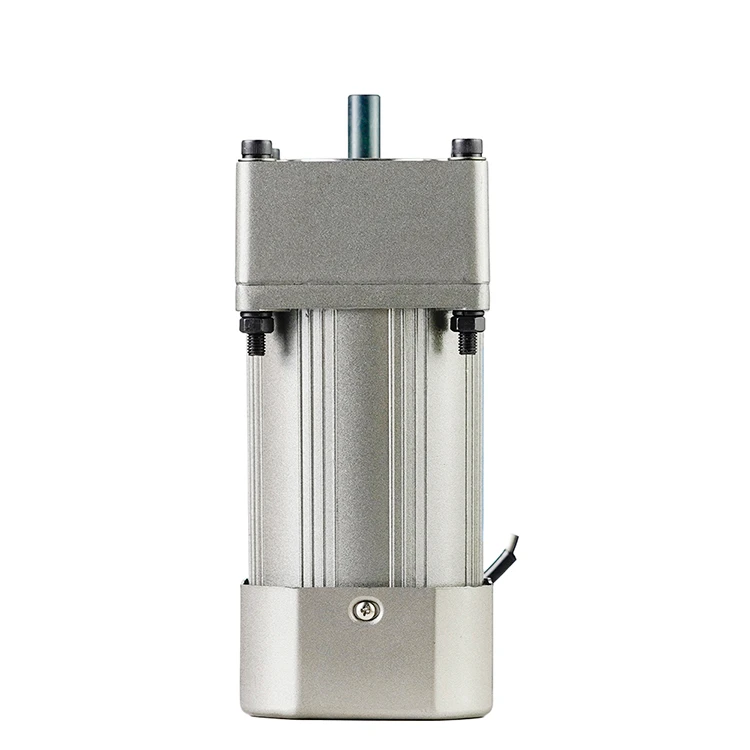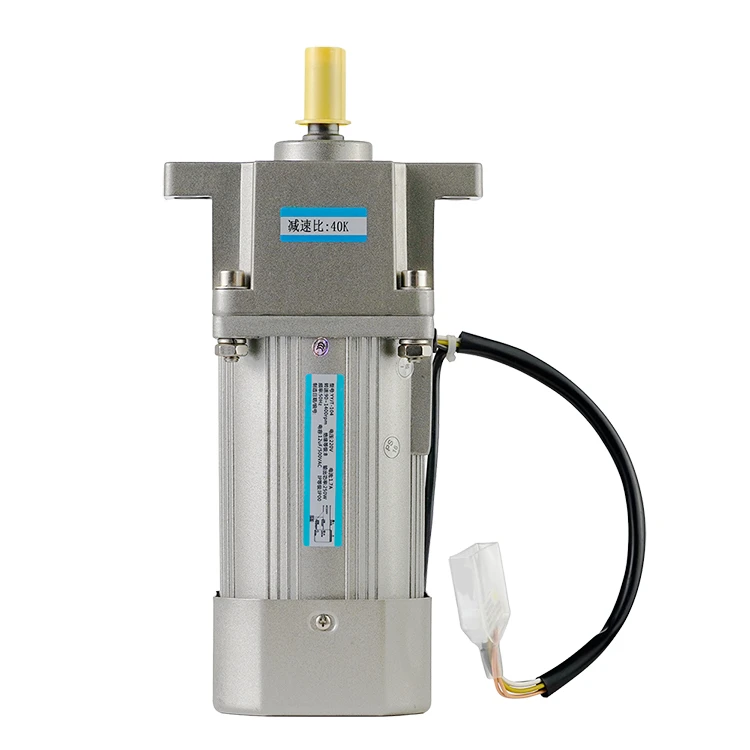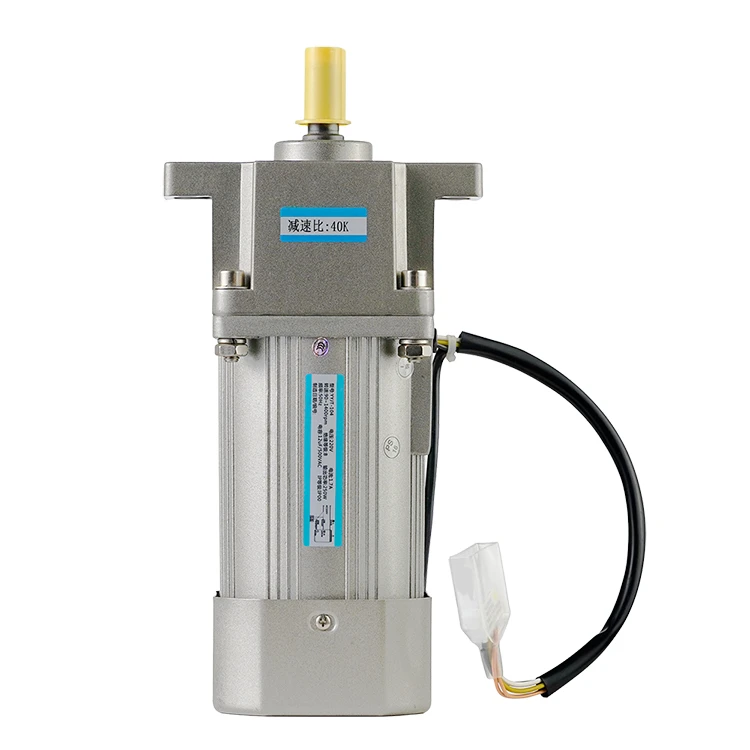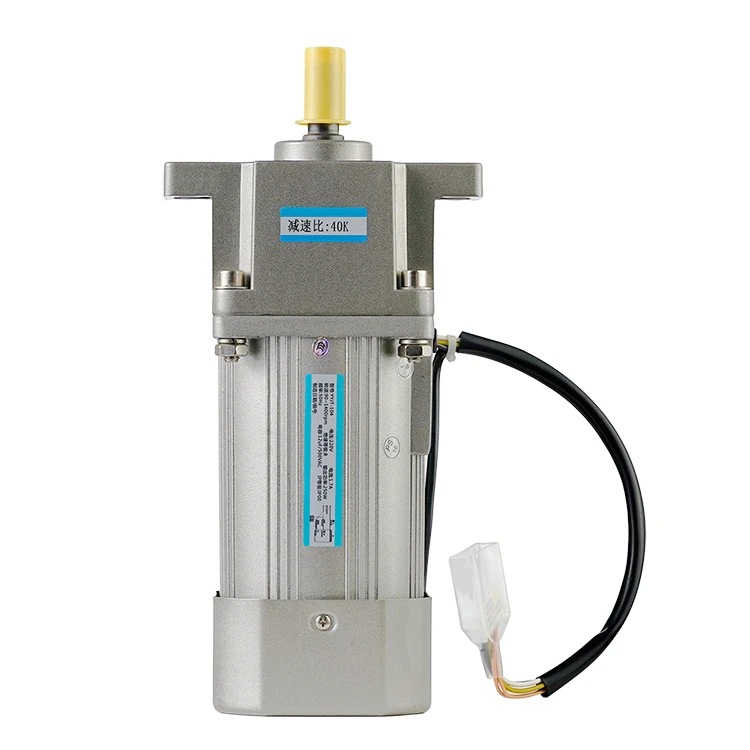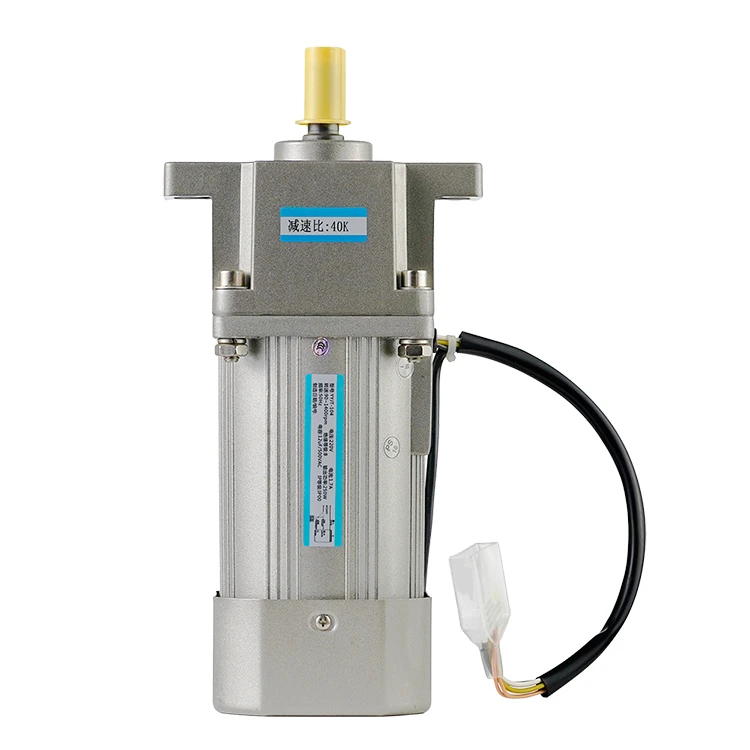Stepper motor or servo motor, which one to choose?
2024-02-06 09:29:19
In the field of industrial automation and machine control, choosing the right type of motor is critical to achieving accurate motion control. Servo motors and stepper motors, as two common types of control motors, are two common types of control motors, each with unique characteristics and applications. In this article, we will discuss in detail the performance characteristics of servo motors and stepper motors, control methods, applicable scenarios, and how to select the right type of motor based on the information you provide.
Selection based on performance characteristics
Servo Motors: Servo motors are known for their high accuracy, high torque, and fast response. They feature a closed-loop control system that adjusts output position, speed and torque in real-time for precise motion control. Servo motors are suitable for applications requiring high accuracy, speed and dynamic response, such as CNC machine tools, robots and precision positioning systems.
Stepper Motors: Stepper motors are favored for their low cost, simple control and reliability. Stepper motors are open-loop systems that control the rotor position with a precise pulse input. They are suitable for low loads, low speeds and applications where accuracy is not required, such as printers, textile machinery and automatic door systems.
Selection according to the control method
Servomotors: Servomotors can operate through position, torque, or speed control. They are often used in conjunction with advanced controllers and feedback devices (such as encoders) that allow for precise position control and closed-loop feedback. Servo motor control systems are more complex but can provide higher control accuracy and dynamic performance.
Stepper motors: Stepper motors are mainly position-controlled, controlling the stepping motion of the rotor by inputting a pulse signal. Stepper motors are relatively simple to control and do not require feedback devices but have lower performance than servo motors in terms of high load, high speed and dynamic response.
Selection based on application scenarios
Servo motors: Due to their high accuracy and fast response time, servo motors are widely used in fields that require precise position control, such as CNC machining, robotics, semiconductor manufacturing and medical equipment.
Stepper motors: Stepper motors are suitable for applications with less stringent position requirements and lower cost budgets, such as printers, automatic doors, textile machinery and small automation equipment.
Conclusion
When selecting servo motors or stepper motors, it is necessary to consider the nature of the application's load, torque, inertia, speed, accuracy requirements, acceleration and deceleration, as well as the project's control requirements. Servo motors are suitable for applications with high precision, high speed, and high dynamic response requirements, while stepper motors are suitable for low load, low speed, and relatively simple applications. In addition, consider factors such as the type of power supply (DC or AC) and voltage range. If you still have questions about the selection of these two types of motors, you can always contact us to solve them for you. Based on the information you provide, we will list their advantages and disadvantages for your reference according to your project, and the final choice will depend on your application needs and specific circumstances.
See What Lunyee Can Do For You
Contact Us
- 8619149417743
- +86-0371-5562 0274
- [email protected]
- Zhengzhou, Henan Province, China
- Mon-Fri: 9:00 - 18:00
